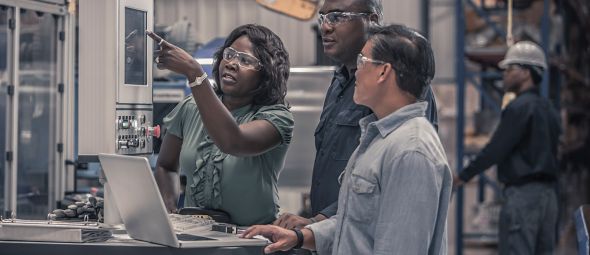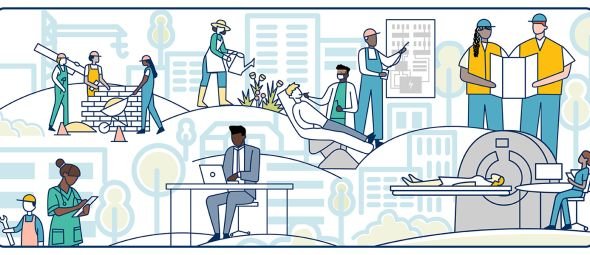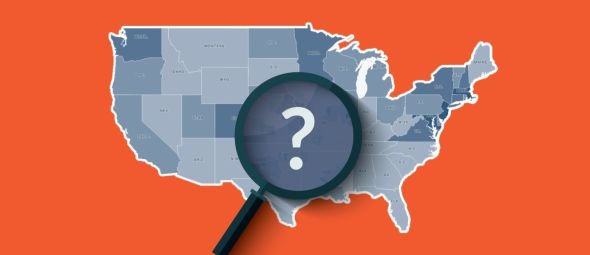Overview
People’s access to opportunity and advancement in the labor market is shaped by macroeconomic forces, technological change, policy choices, and labor market dynamics. Over the past 40 years, these influences have culminated in greater income inequality and less upward economic mobility for US workers. They have also contributed to a growing share of low-wage jobs in the US labor market. WorkRise generates evidence on and elevates our understanding of how macroeconomic, technological change, policy, and labor market dynamics influence economic security and mobility.
Working Knowledge

US Tax Systems Perpetuate Racial Wealth Gap
Persistent income disparities between racial groups are evident – in 2022, Black men were paid 70% of the wages received by white men on average, while Black women received only 61% of the income compared to their white male counterparts.1…

Young workers’ economic mobility has improved since the start of the pandemic, but work remains to solidify these gains
Research
Workforce Strategies for New Industrial Policies: Governors’ Emerging Solutions
Grantee Research

Expanding Worker Opportunities Through Evidence: WorkRise Impact Report 2023
Aligning Workforce and Economic Development to Benefit Workers
WorkRise Research
Quantifying the Costs of Rising Unemployment
WorkRise Research

Leveraging Federal Funds to Create Quality Jobs
WorkRise Research

